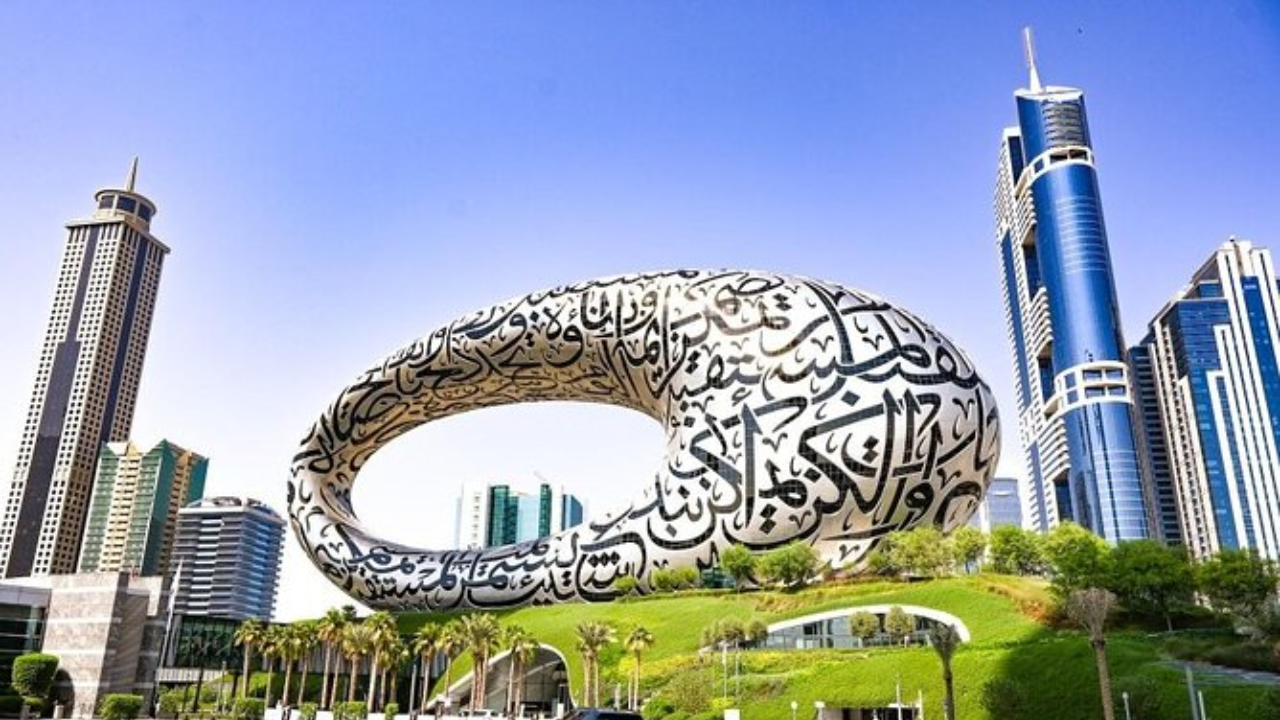
The Current Crackdown
The latest crackdown—triggered by the June Marina fire—targets partitioned apartments that turn standard dwellings into fire-prone dormitories. Authorities have led inspections and issued immediate evictions.
The Human Toll
Workers evicted from unsafe units face scarce affordable options. With begging banned and no organized safety net, many fear being left homeless.
Policy Shifts & Enforcement
Dubai Municipality has issued warnings and enforcement measures, but the scope of follow-up support remains unclear.
Broader Infrastructure: Affordable Housing Plans
Separately, Dubai is planning to deliver 17,000 affordable units under the “Dubai 2040 Urban Master Plan.” This could help ameliorate pressures—but rollout timelines and allocation criteria are yet to be clarified.
Rights and Gap Areas
With no minimum wage or labor unions, many migrant workers lack protections. Informal employment arrangements leave them particularly vulnerable to abrupt relocations and exploitation.
Looking Forward
Scaling affordable housing beyond blueprint status into timely delivery.
Formalizing housing standards and integrating them into labor contracts and employer obligations.
Providing transitional assistance, legal aid, or alternative shelter for displaced workers.
Conclusion
Dubai’s crackdown underscores an urgent need to align urban safety with social equity. Ensuring safe housing for all—no matter income level—is not only an infrastructure requirement but a moral imperative.







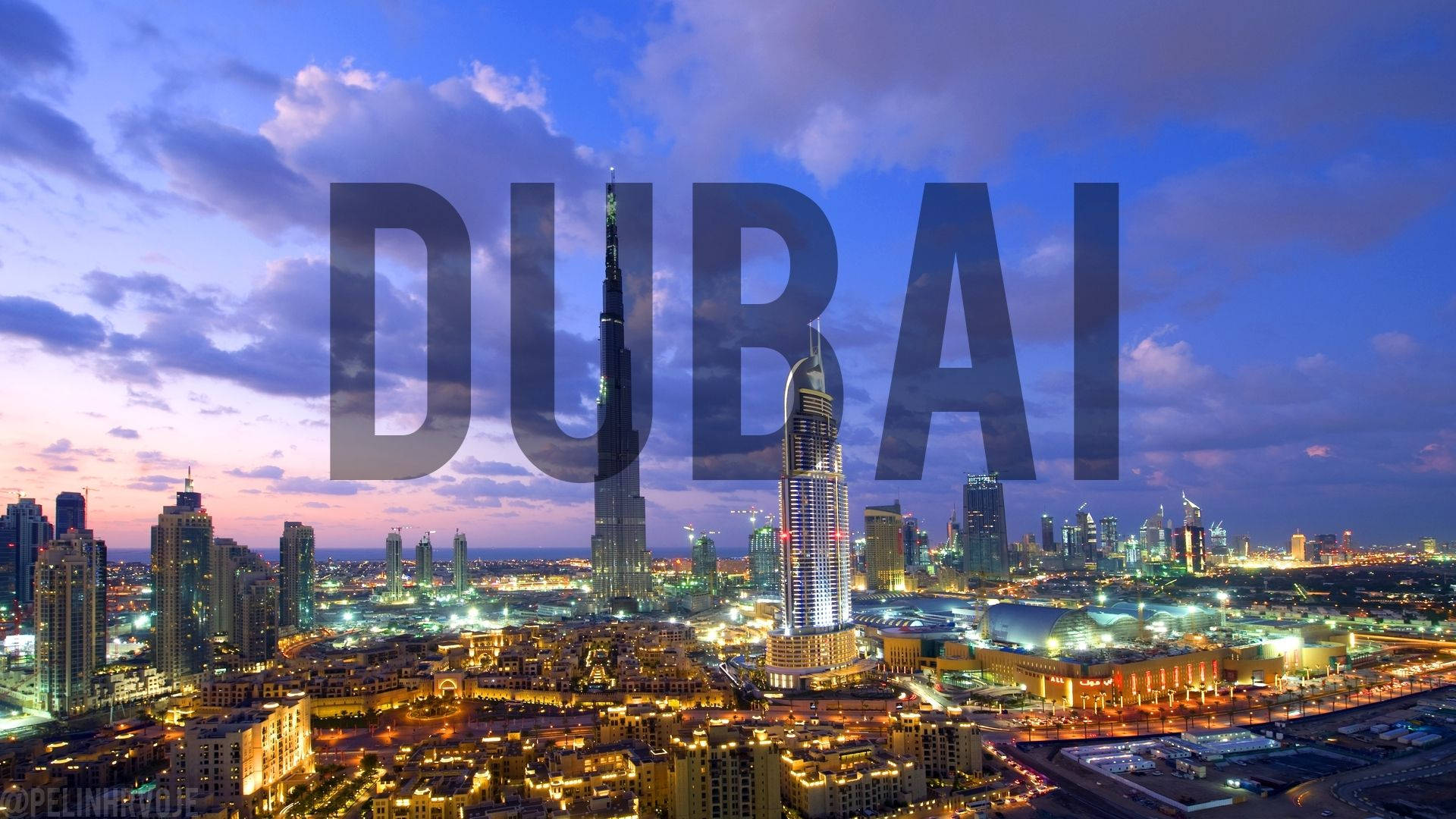
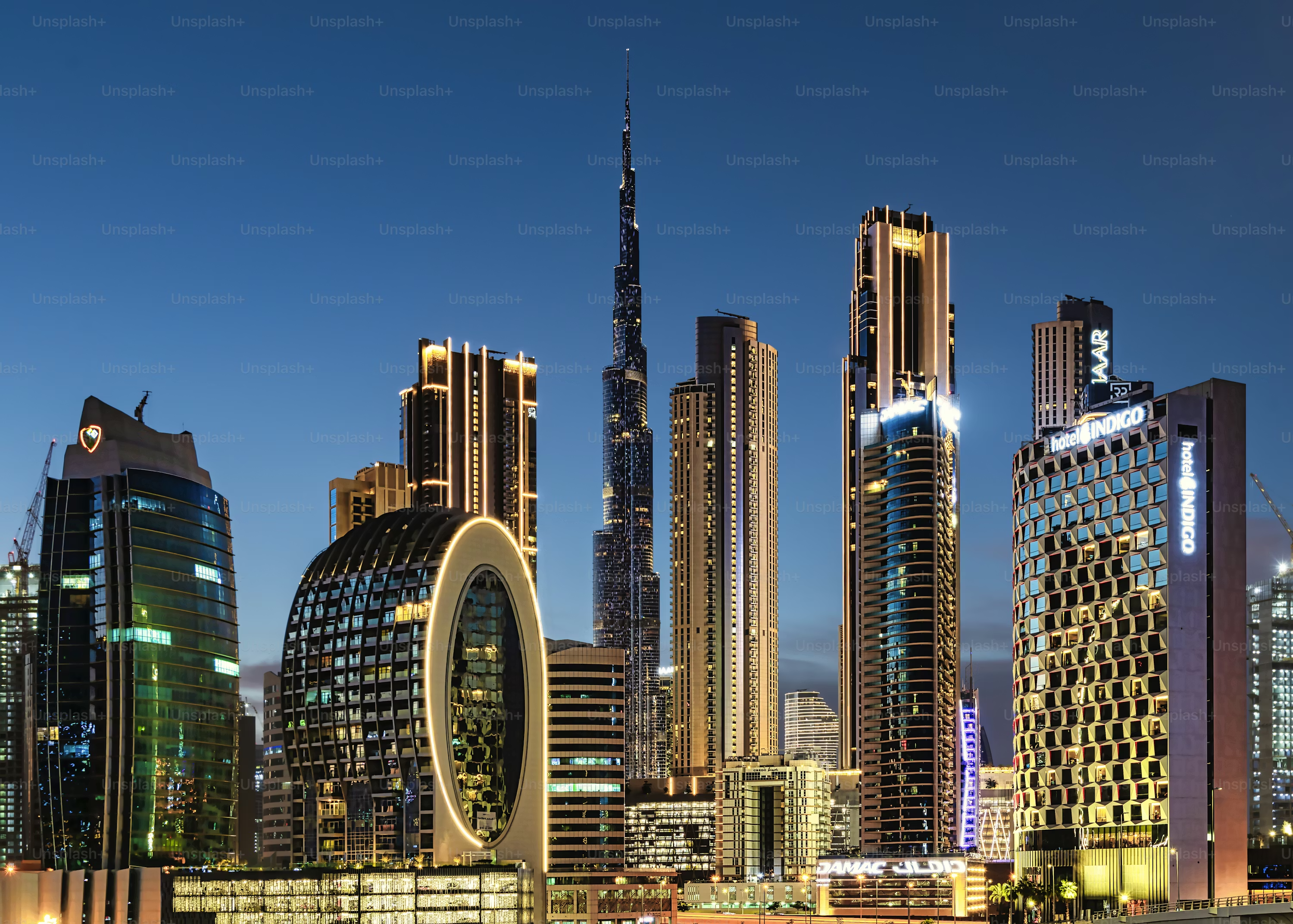
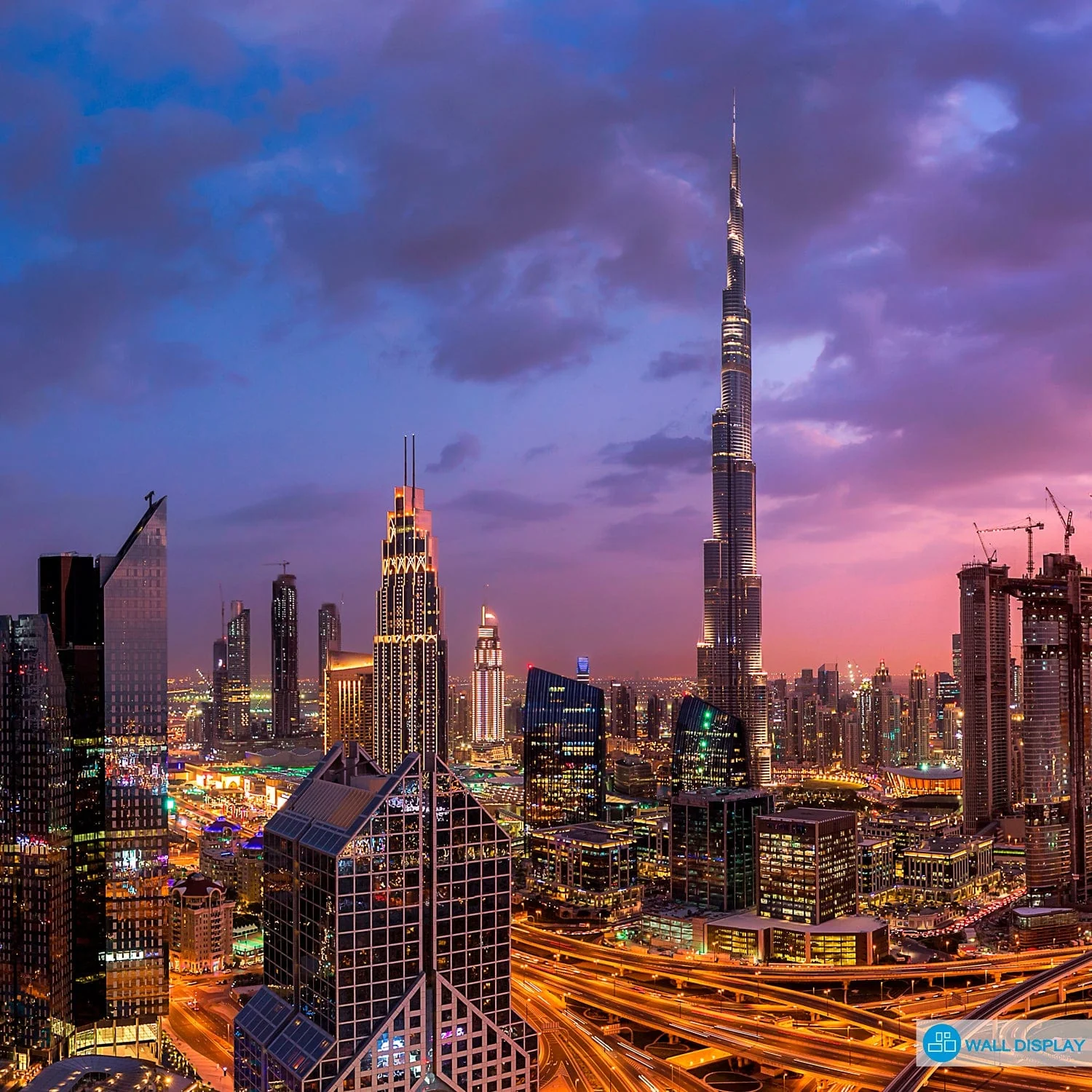
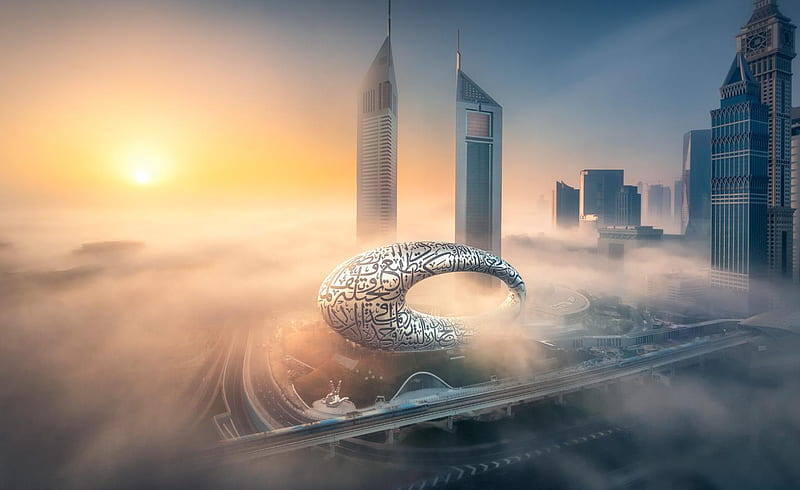

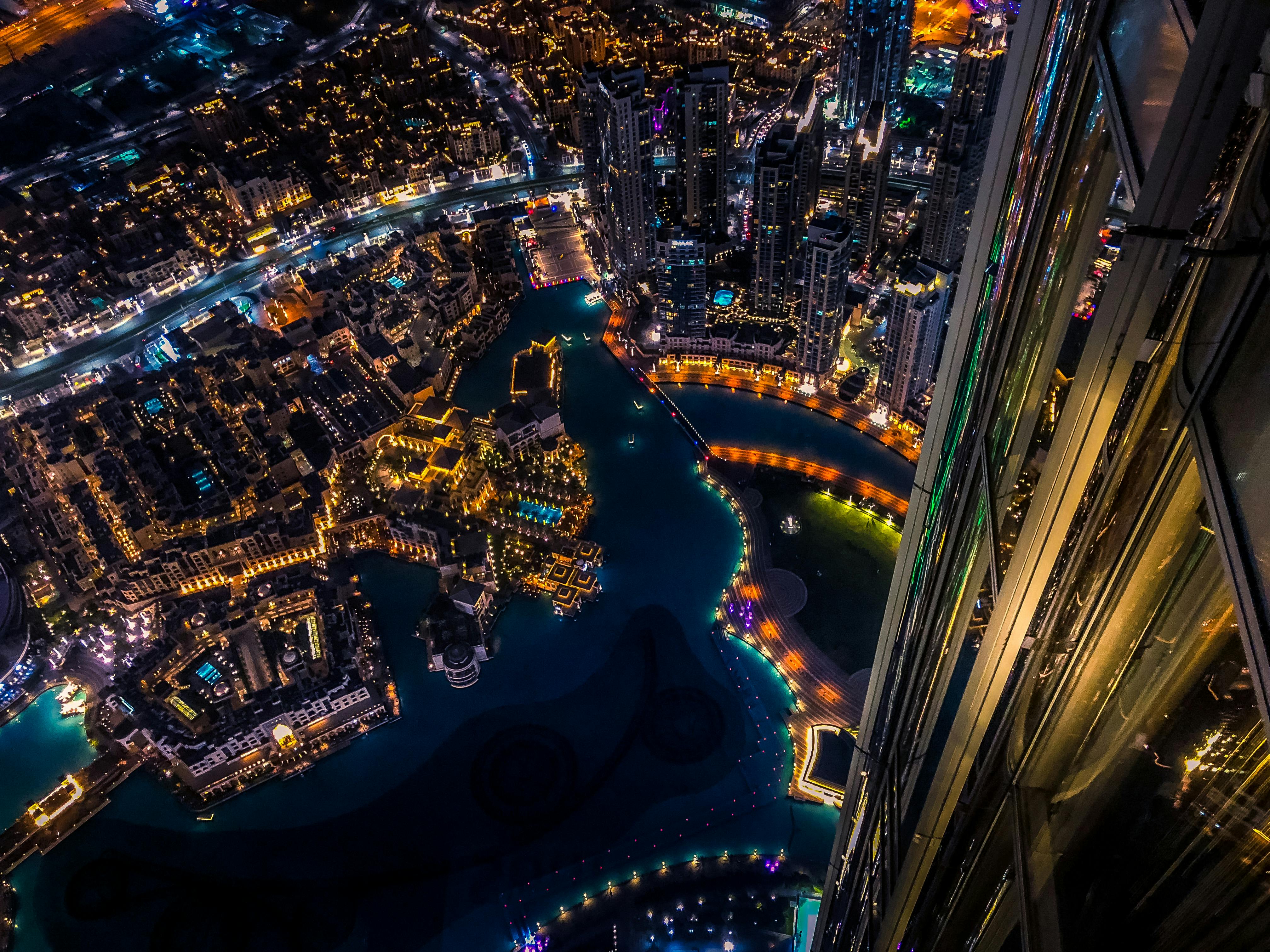
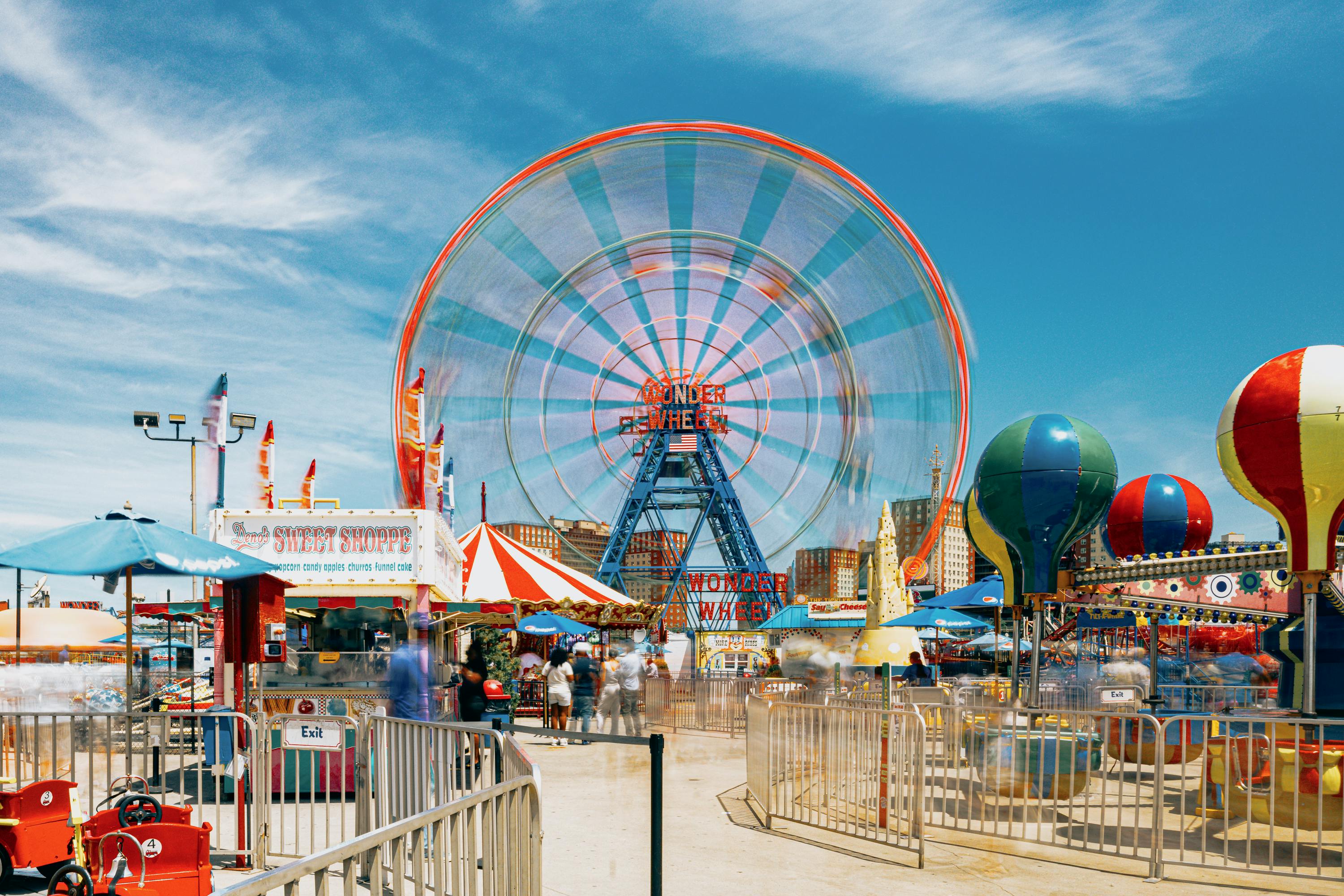
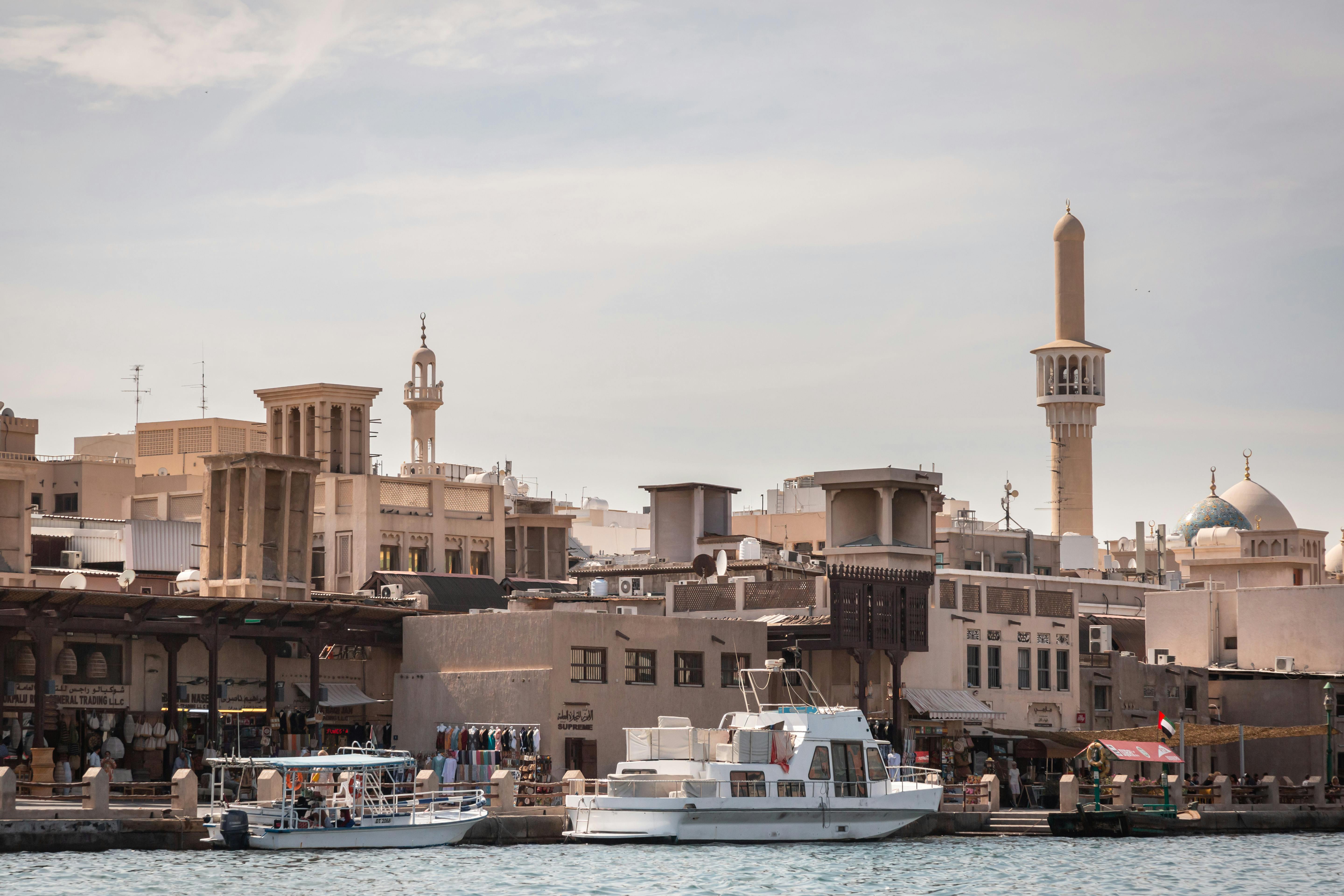
Recommended for you
Dubai International Airport has Introduced Fully Biometric Passenger Jurney to Speed up Travel
Dubai Prepares for World’s Largest Green Energy Expo – 2025
Dubai’s Real Estate Market Hits New Heights
UK Travel Advisory: Dubai Safety Amid Geopolitical Tensions
New International Brands Launching in Dubai Malls 2025
Premier Inn Dubai Al Jaddaf
Skims steps into Gulf debut: Dubai is the first luxury city for Kim Kardashian's brand
RTA Launches Autonomous Water Taxi Service
Al Maktoum Airport: Dubai’s Mega Leap in Global Aviation
Sheikh Mohammed & Sheikh Mansour Unite on UAE Vision 2025